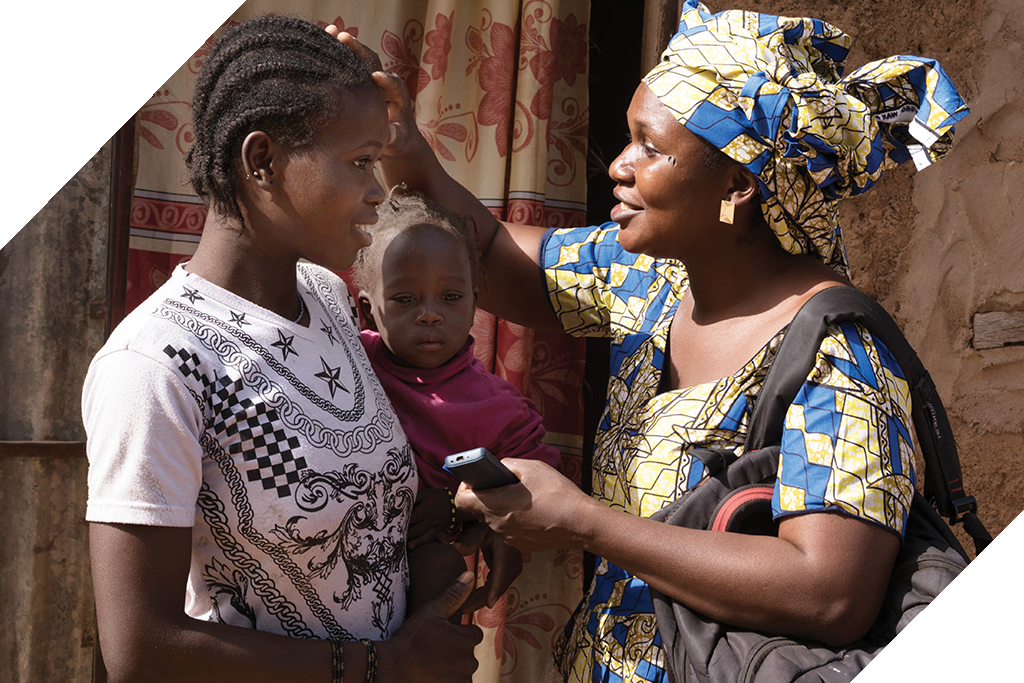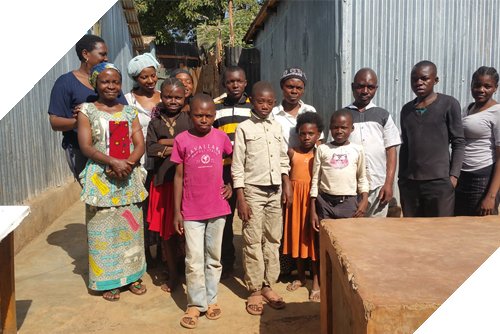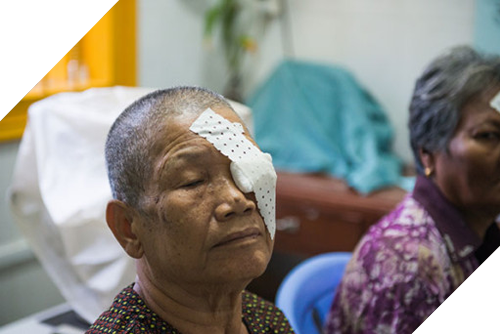Giving a voice to children alone in the foster care system
Locations Served
Los Angeles, Riverside, and San Diego Counties
Budget
$15,750,000
Partner Since
2015
Choose your preferred method of giving:
In order to provide you with the best donor experience, please note your preferences around your generous pledge in the following form. You will receive an email with the necessary information for donating by check, wire, or DAF upon completion.
Problem
On any given day, there are over 400,000 youth in foster care nationwide. While foster care programs are administered at the county level in most states, the pattern of interactions and consequences is distressingly consistent across the country:
- 84% of foster youth become young parents.
- 30% of foster teen boys will be incarcerated before age 21.
- 25% of foster youth suffer from PTSD – a rate comparable to military war veterans.
- Only 50% will complete high school or obtain a GED.
- Less than 3% will go on to earn a college degree.
The problem is especially profound in Southern California, where there are over 40,000 children and youth in the foster care system at any given time. The system is severely under resourced, especially in key positions that exist to advocate for the best interests of children involved. Social workers may have up to 30 children on their caseload, and attorneys can represent as many as 200 children.
The severity of these outcomes are only compounded for youth who leave the system at ages 18-21 because they have “aged-out” without being adopted or returned to their birth family. For foster youth who age-out in California:
- 50% become homeless within 18 months
- 50% experience persistent unemployment within five years
Programs Offered
Court Appointed Special Advocates for Children (CASA) is a network of 950 local and state programs in 49 states that recruit, train, and support citizen-volunteers to be court-appointed advocates for what is often the most challenging subset of foster care youth. These are the children who, if un-aided, are most likely to spend the longest time in foster care and face bleak outcomes. CASA volunteers (CASAs) work directly with children in the foster care system and have legal standing from the juvenile/dependency courts to advocate for the child’s best interests. CASA LA (serving Los Angeles County) and Voices for Children (serving San Diego and Riverside Counties) are the largest CASA programs in California, supervising more than 1,500 volunteers, each of whom devote 10-15 hours per month to their cases.
CASAs are often the only ones to assemble a firsthand understanding of the situation and needs of the child as a prelude to making informed recommendations to the court. For many abused and neglected children, a CASA volunteer is the only constant adult presence in their lives. Recruitment standards, time commitments, and training for CASAs are rigorous. Training addresses child abuse and neglect, family dynamics, child rearing styles, juvenile justice legal procedures, and foster care placement.
A volunteer is usually responsible for only a single child or sibling group at a time and almost always remains involved until the case is closed. CASAs visit their youth and learn about their strengths, personality, concerns, and goals. To gain a holistic understanding of a child’s situation, CASAs also speak with family members, caregivers, teachers, healthcare providers, and child welfare professionals to gather information about the child’s education, mental and physical health, housing placement, and overall well-being.
CASA volunteers perform four functions until permanent solutions (such as family reunification, adoption, or aging out) are achieved:
Fact-Finder & Investigator – Conducts a thorough investigation of all the information relevant to the case
Represent Child’s Best Interest – Advocates in court, schools, with health care providers and others for what is in the child’s best interest, considering the wishes of the child
Case Monitoring & Reporting – Ensures that all court orders and administrative processes are handled properly, reporting factual errors or updates, including non-performance by those responsible for acting on court orders
Resource Broker – Seeks out and advocates for services that will help establish a strong support network for the child and helps ensure that services are provided in a timely, quality manner
Historical Results
Founded in 1977, the national CASA network now serves more than 240,000 children annually via 93,000+ volunteers. CASA has been the subject of many studies, reviews, and surveys. Their collective outcomes include:
Recommendations To Court – The recommendations of CASA volunteers are highly valued by the courts. In 80% of cases, all or almost all CASA volunteer recommendations are accepted.
Re-Entrance Rates – Foster children with a CASA volunteer who are placed in what are believed to be safe and permanent homes re-enter the child welfare system between 1.4% – 9% of the time (depending on the jurisdiction), compared to 16% for children in non-CASA cases.
Provision of Appropriate Services – Foster children with a CASA volunteer had appropriate services ordered 46% of the time compared to 32% in non-CASA cases. Appropriate services are those that match the requirements of an approved case plan.
Final Placement & Probability of Adoption – Foster children with a CASA volunteer were adopted 22% of the time versus 14% of the time for children not assigned a CASA volunteer.
Placement & Time Spent In Foster Care –The average CASA supported youth has 3.3 placements, meaningfully fewer than the 4.6 average placements for non-CASA cases. The average time a child spent in the foster care system for cases assigned to a CASA volunteer was 31 months v. a total of 40 months for non-CASA cases. This is quite notable since courts appoint CASA advocates to the most challenging cases, where the typical duration in the system would otherwise be much higher than the average for foster youth as a whole.
Path to Credibility
- The US Department of Justice has supported CASA advocacy since 1985 through its Office of Juvenile Justice and Delinquency Prevention.
- Local CASA programs often operate at the county level and have highly collaborative relationships with dependency courts (which make decisions on behalf of foster youth). CASA volunteers are viewed as indispensable by many dependency judges, validating the efficacy and further increasing the impact of the CASA model.
- Focusing Philanthropy conducted a detailed scoping exercise to identify counties that had the greatest need for CASA programs, which also had a CASA-focused organization that was well managed, closely tracked impacts, and was well-placed to increase the scale of their impact. These criteria led us to select CASA LA and Voices for Children as grantees.
- CASA’s evidence-backed, highly-effective approach not only deals with the immediate needs of foster children but also addresses the root cause of much homelessness, incarceration, child trafficking and mental illness.
- Focusing Philanthropy has conducted nine CASA due diligence visits in Los Angeles, Riverside, and San Diego Counties.
- Focusing Philanthropy has completed 14 successful matching campaigns with CASA LA and Voices for Children.
More Program Partners
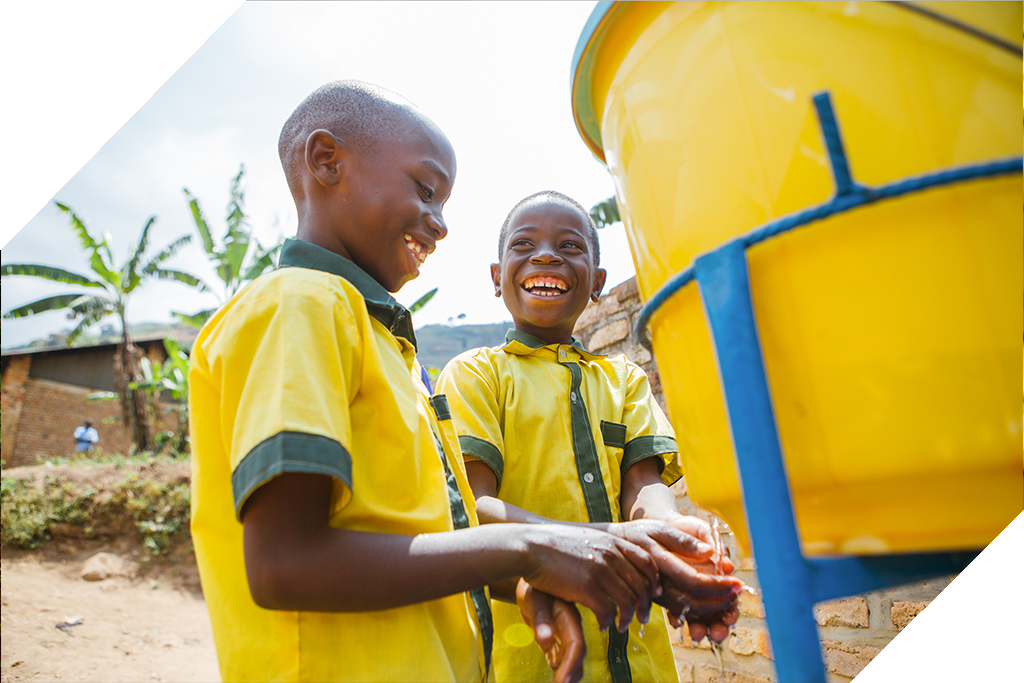
Promoting safe and reliable water, sanitation, and hygiene services for every family, clinic, and school with Water For People.
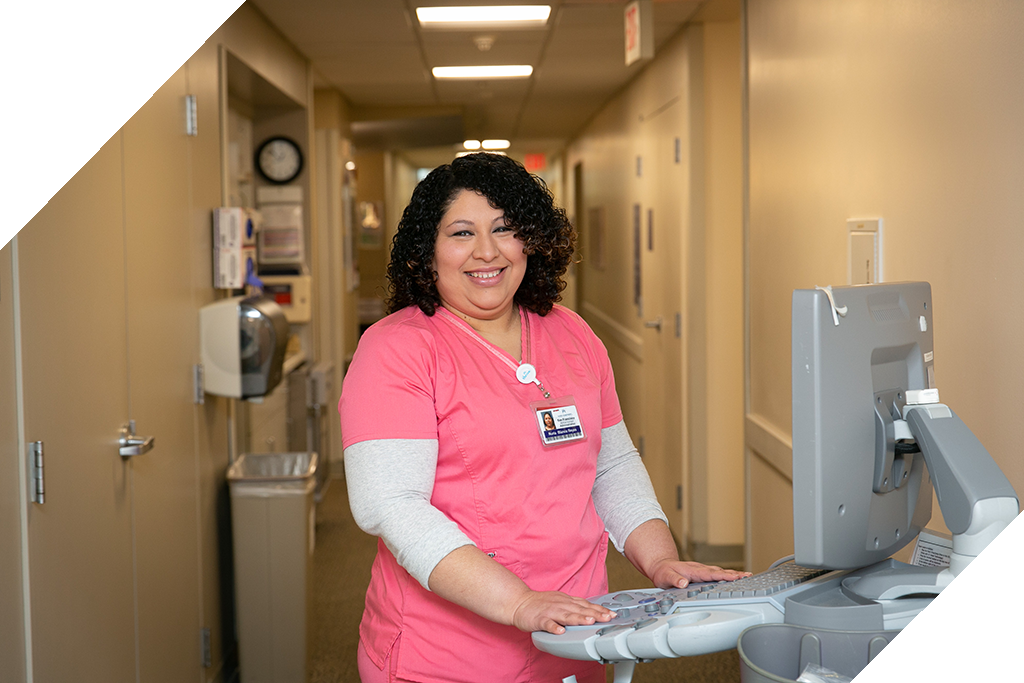
Expanding access to careers in healthcare for people facing barriers to employment with JVS.
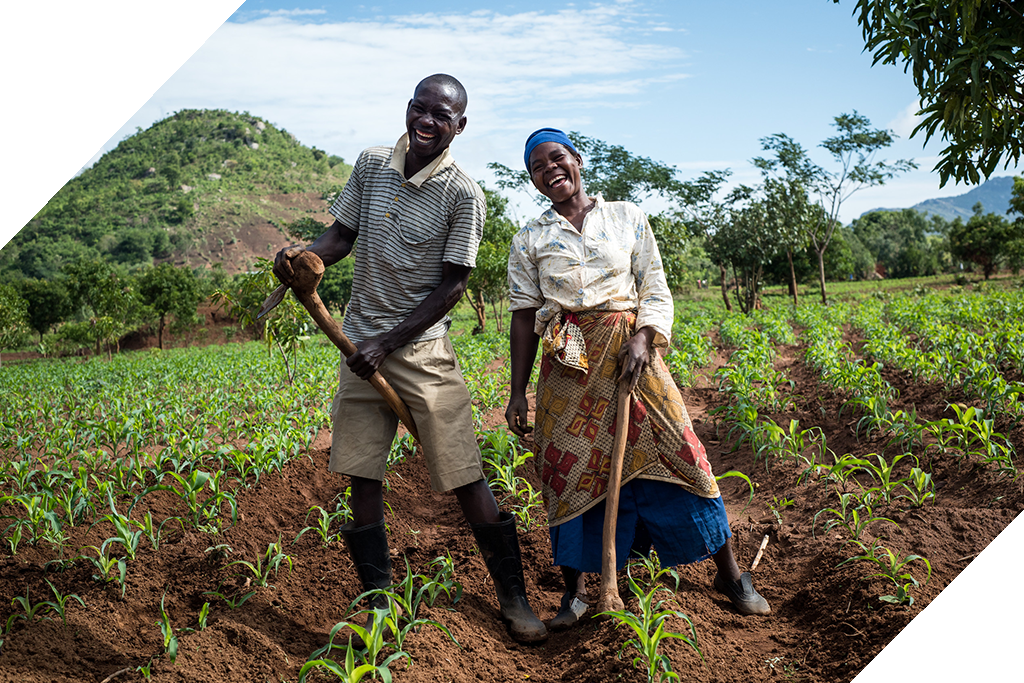
Helping hard-working subsistence farm families gain food security and economic opportunity with One Acre Fund.

Providing young people with equitable opportunities to achieve their postsecondary aspirations with OneGoal

Opening doors to careers in technology for Americans from underserved communities with Per Scholas.
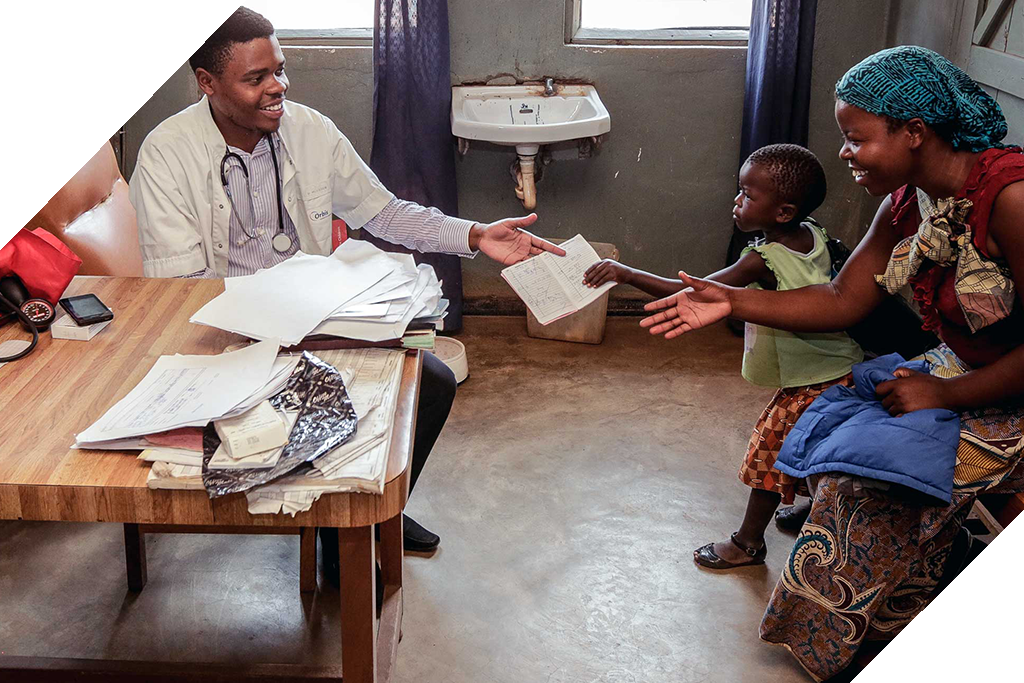
Bringing life-saving health care innovations to scale and sustainability in the world’s most underserved communities with VillageReach.
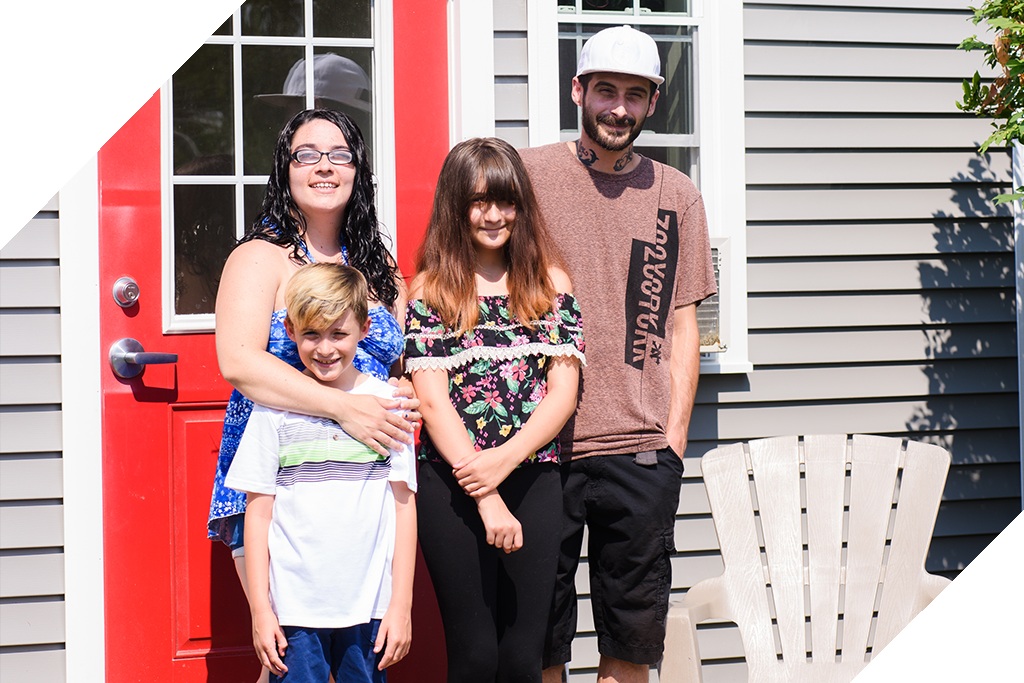
Expanding access to credit to people and places across the country where traditional finance does not reach with OFN.


